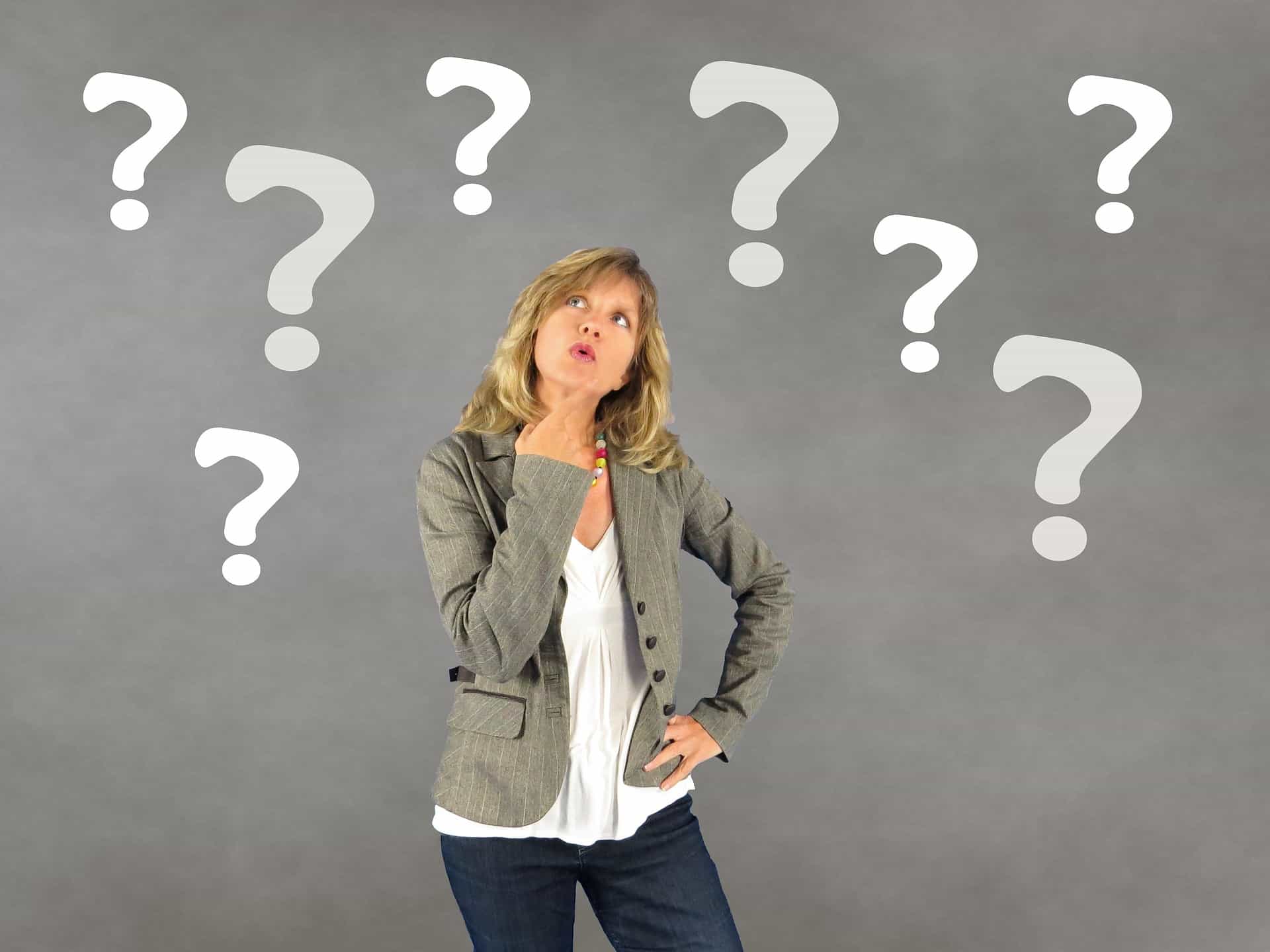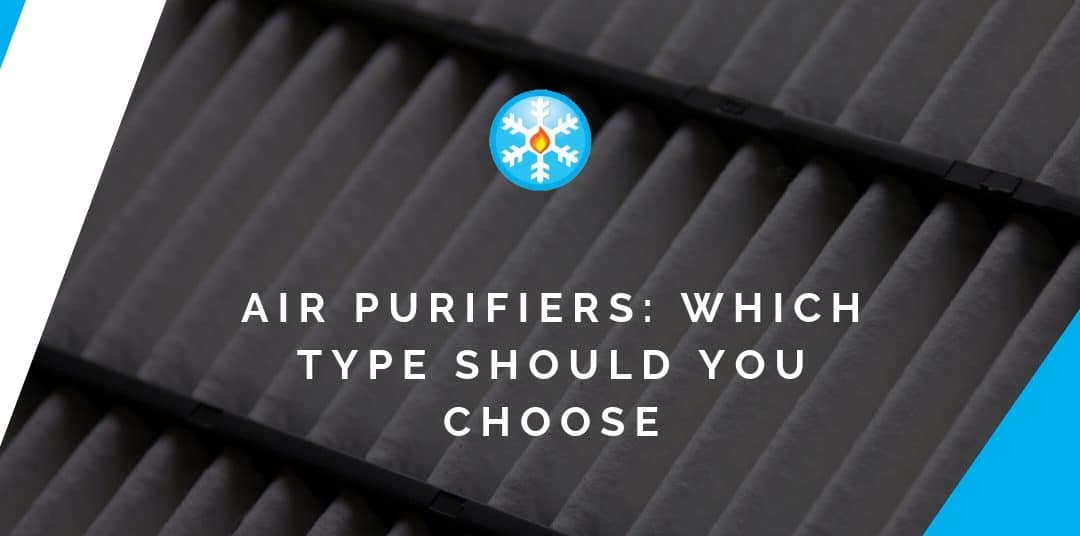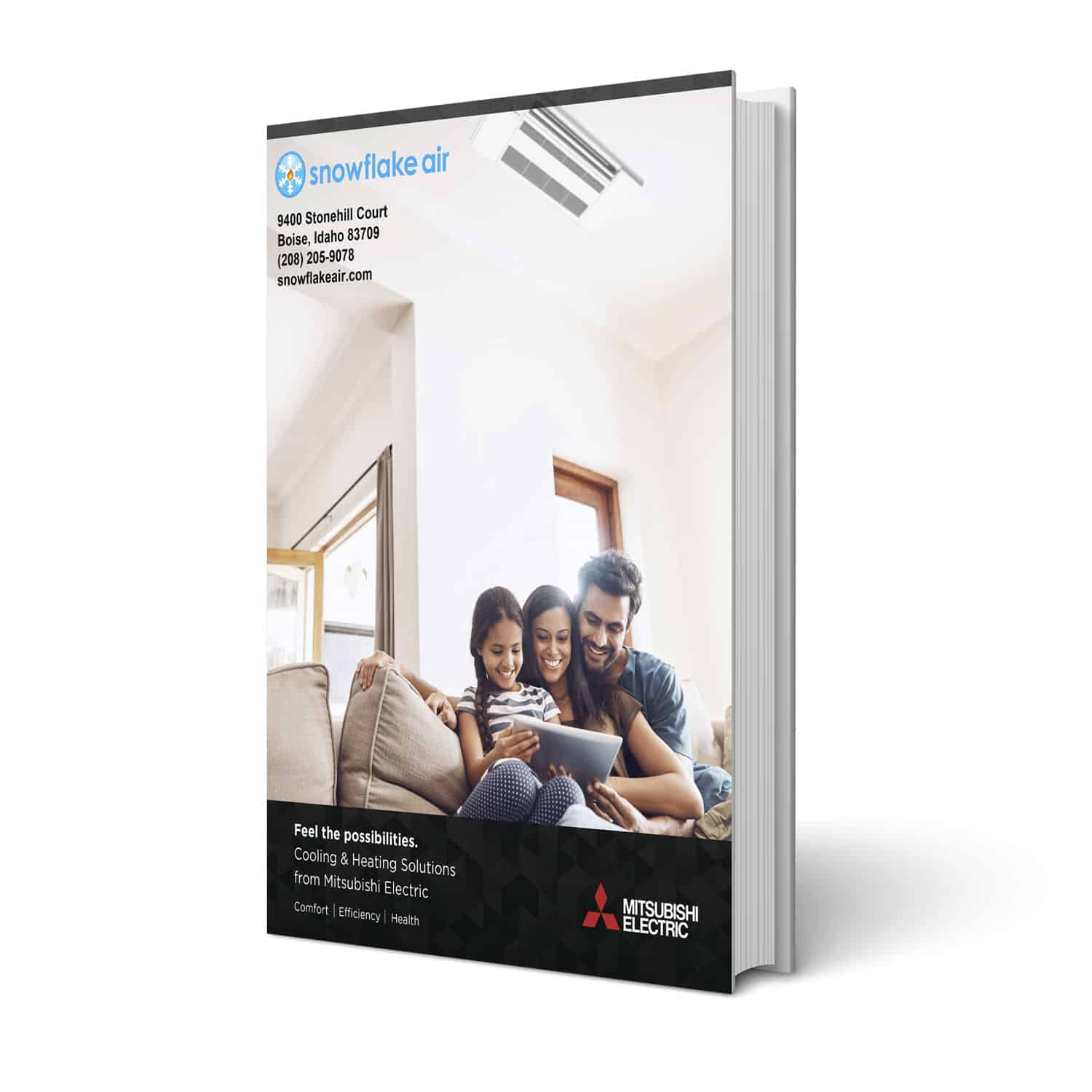Our previous air purifiers types and their benefits, outlined why you should consider one for your home. Now, we want to dig a little deeper into the type of purifiers that are available and which one would work best for your specific situation.

Basic Filters and HEPA Filters
Basic air filters for your HVAC system are the most common type of air cleaners in homes. They are made of materials that trap particles in the air as it passes through them.
Along with keeping your heater and AC working will, air filters can help your heater reduce the amount of dust in your home. They need to be changed every month when your system is running because they will fill up with particles and become less efficient.
Our worry-free air filter program for Boise Metro homes makes it easy to stay on top of swapping out those filters.
Air filters are rated using the MERV (Minimum Efficiency Reporting Value) scale. HEPA (High Efficiency Particulate Air) filters are the highest rated filters you can buy and trap any particulate larger than .3 microns.
This means that the filters are thicker and trap smaller particles, including dust mites, pollen, and mold spores. That means you can also use your heater or air conditioner to fight allergies. HEPA filters are between 17-21 on the MERV scale.
It is important to make sure that your HVAC system is built to handle HEPA filters if you choose to use them. HEPA filters are great for people who suffer from allergies.
Activated Carbon Filters
You may want to consider an activated carbon filter if your main concern is getting rid of smells. If someone smokes in the home or there are a lot of odors from cooking, activated carbon filters will greatly help. These filters contain absorbent pores that can trap the odors and gasses that pass through them. Some carbon filters are strong enough to also remove dangerous VOC’s (volatile organic compounds) from the air. Activated carbon filters are usually used in combination with other air purifiers.
Ionic Purifiers
As air flows through an ionic purifier, it will generate negatively charged oxygen molecules that bind to the pollutants and cause them to become negatively charged. Once these particles have a negative charge, they are attracted to grounded surfaces. The pollutants will stick to these surfaces, rather than remaining in the air. These purifiers will last for years and can be cleaned when needed.
Electrostatic Filters
These media filters use static electricity to capture microscopic particles and trap them, much like hair is attracted to a balloon. These electrostatic charges are generated as air flows through a network of fibers that carry a static charge. The plates can be taken out and cleaned when needed and will provide years of use. Electrostatic filters may produce ozone, which may cause health problems, so proper care should be taken when deciding on this type of filter.
UV Purifiers
UV purifiers use ultraviolet light to kill airborne germs, viruses, and bacteria. They do not, however, filter out particles, so UV purifiers are typically used in combination with other types of purifiers. UV purifiers are beneficial because they can stop germs and illnesses from spreading.
Treasure Valley HVAC
At Snowflake Air, we want all of our customers to be able to make informed decisions about their HVAC system, so we are happy to help answer questions and concerns. If you are in need of Meridian heating and cooling services, contact Snowflake Air for the best service around.





Trackbacks/Pingbacks